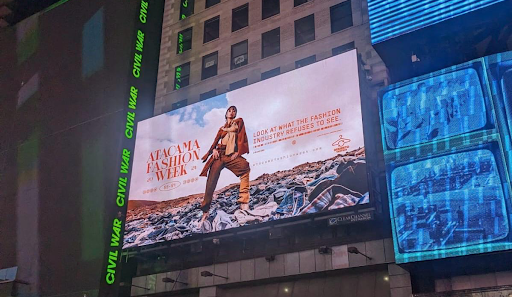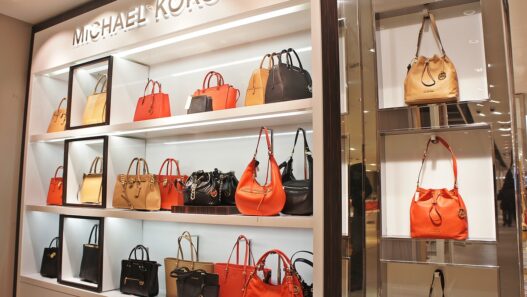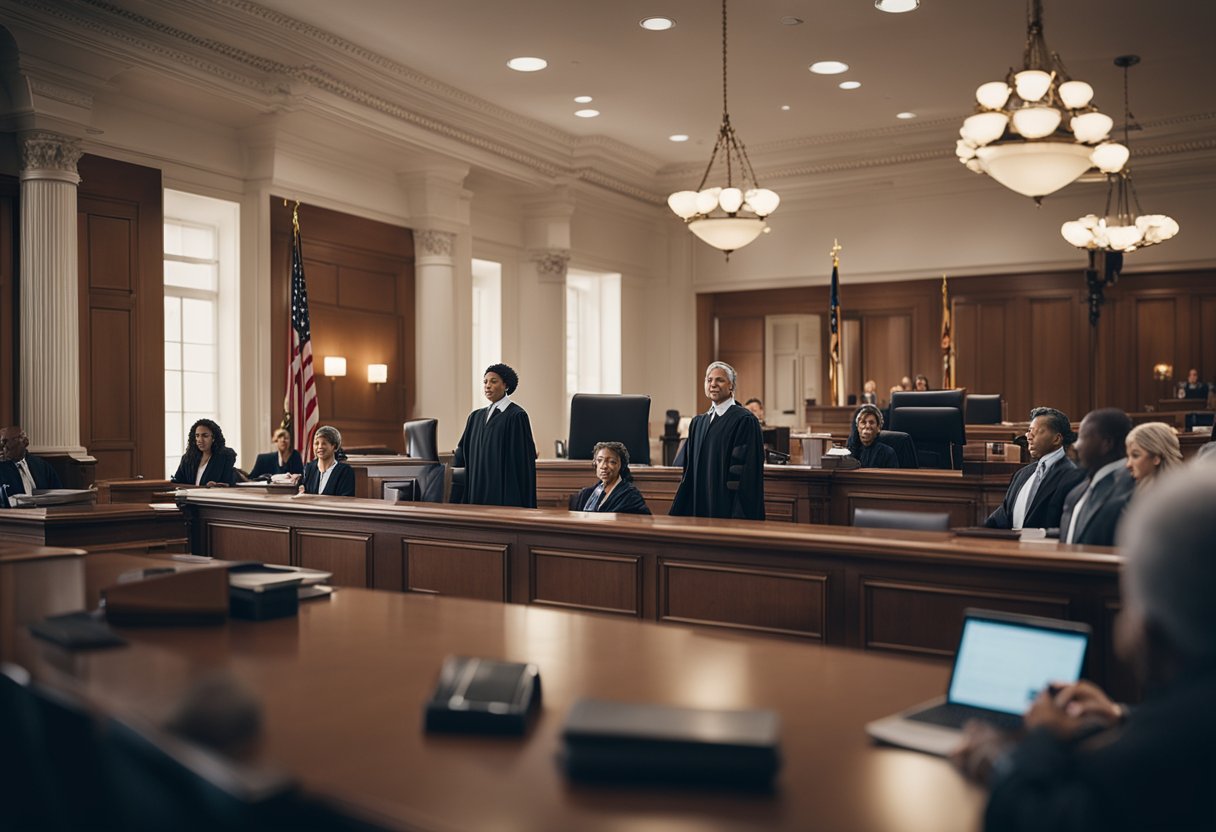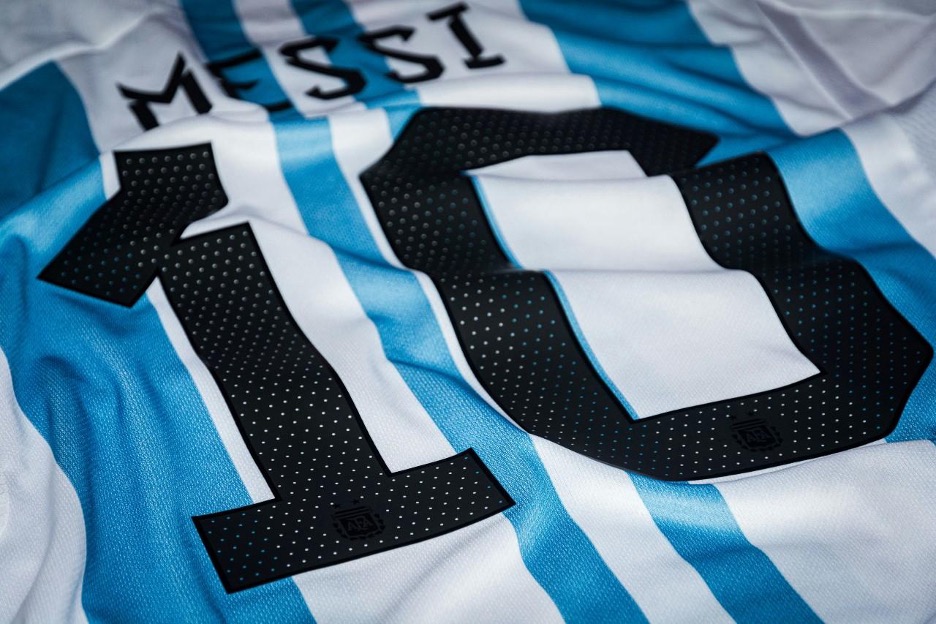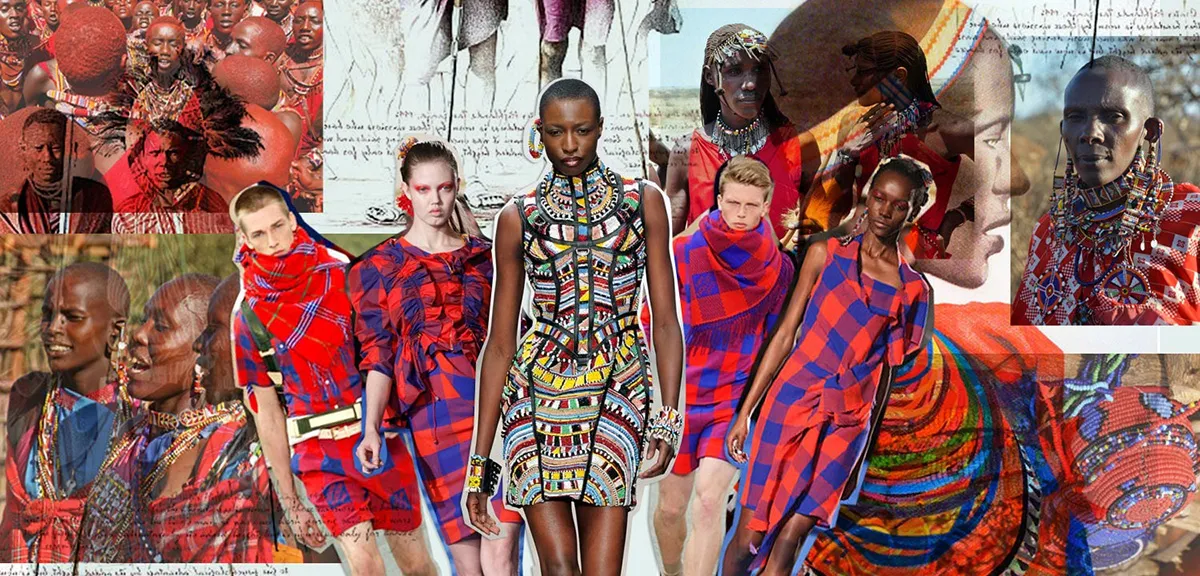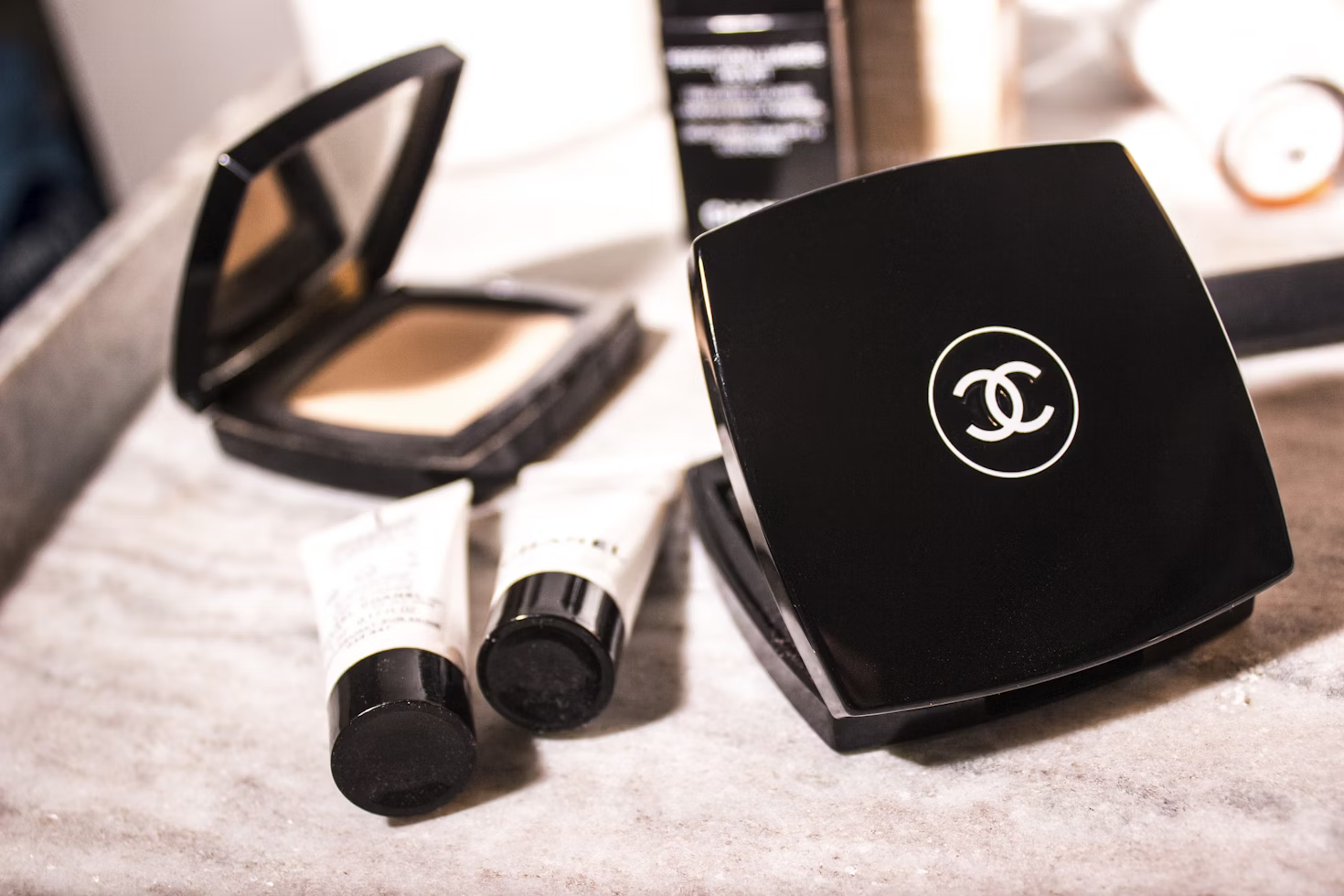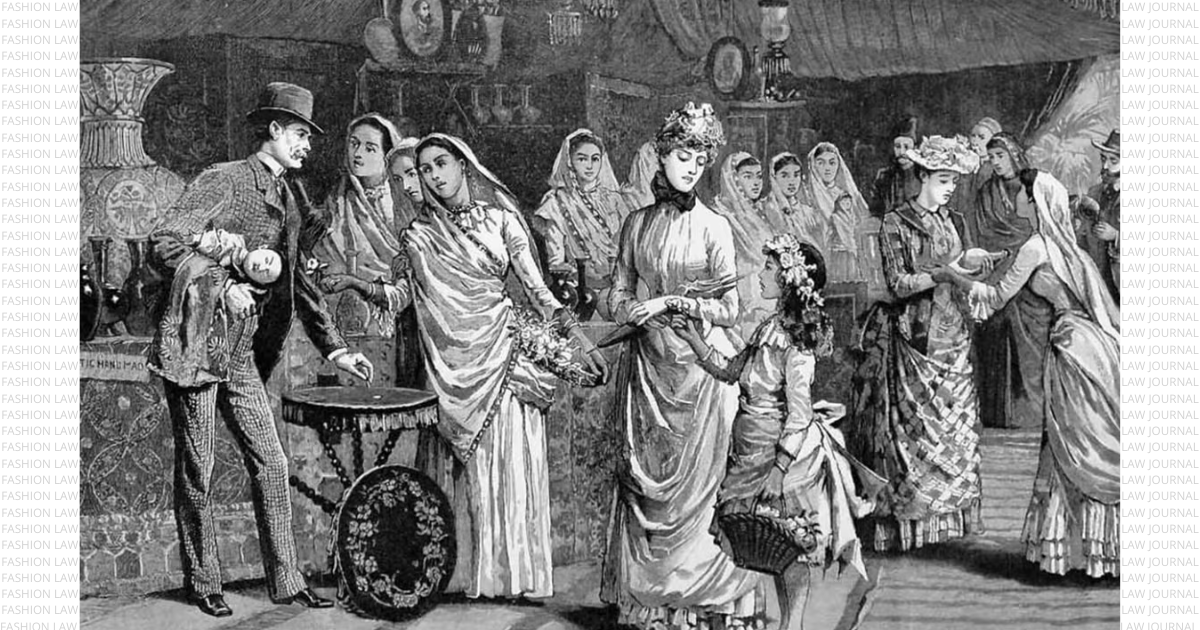Fashion and personal injury law intersect in surprising ways, affecting both industries significantly. Lawyers specializing in these fields must be aware of emerging legal trends to serve their clients effectively. In fashion, intellectual property issues and labor laws continually evolve, requiring constant attention. Meanwhile, personal injury law demands rigorous attention to changes in safety regulations and liability standards.
Both sectors face unique challenges: fashion law grapples with counterfeit goods and copyright infringements, whereas personal injury law contends with evolving standards in product liability and consumer protection. Attorneys in these fields must stay updated on current laws to navigate these complexities successfully.
Evolving Legal Framework in Fashion Law
Fashion law is rapidly evolving as it addresses new challenges related to intellectual property, regulatory compliance, cross-border issues, and data security.
Intellectual Property Concerns in Fashion
Intellectual property (IP) is crucial for the fashion industry to protect designs, trademarks, and brand identity. Designers and companies must ensure their creations are safeguarded through trademarks, patents, and copyrights.
The emergence of fast fashion complicates IP protection, as quick-turnaround designs can infringe on original works before legal measures can be implemented. Legal professionals must stay updated on global IP laws to effectively counsel their clients.
Regulatory Compliance and Sustainability
Regulatory compliance in fashion increasingly focuses on sustainability and ethical practices. Governments and international bodies are enacting stricter regulations to address environmental and social concerns.
Brands now need to comply with standards like the EU’s REACH regulations and California’s Proposition 65. Law firms must help clients navigate these complex regulations, avoiding hefty fines and reputational damage.
Cross-Border Legal Challenges
Fashion is a global industry with significant cross-border activities. Legal challenges arise from differing laws in various countries related to manufacturing, distribution, and retail.
Disputes often involve international trade agreements, tariffs, and customs regulations. Companies must also deal with varying labor laws and contract enforcement standards. Staying informed about these differences is essential for minimizing legal risks. Law firms like the Colorado Personal Injury Law Firm – Zobel Legal Group can offer expertise in managing cross-border legal issues effectively.
Privacy and Data Security in Fashion E-Commerce
E-commerce has become vital for the fashion industry, but it brings challenges related to privacy and data security. Brands must protect customer data while complying with regulations like GDPR and CCPA.
Data breaches can significantly harm businesses, leading to financial penalties and loss of trust. Fashion companies need to implement robust cybersecurity measures and clear privacy policies. Legal advisors play a crucial role in ensuring that e-commerce operations comply with relevant laws, safeguarding both consumer data and brand integrity.
Intersection of Personal Injury Law and the Fashion Industry
Legal considerations in fashion range from workplace safety in manufacturing to liabilities faced by retail outlets and consumer product safety issues. Here are some key aspects of these intersections.
Workplace Safety in Fashion Manufacturing
Fashion manufacturing poses significant safety risks. Workers often deal with hazardous materials and operate complex machinery. Poor workplace conditions, such as inadequate ventilation and insufficient protective gear, can lead to injuries and illnesses.
In states like Colorado, personal injury lawyers frequently handle cases where factory workers face unsafe conditions. Legal responsibility may fall on employers failing to meet Occupational Safety and Health Administration (OSHA) standards.
Liabilities in Fashion Retail
Retailers face their own set of liabilities. Slip and fall incidents are common. Displays, uneven floors, and inadequate lighting contribute to customer accidents. Store owners must maintain a safe environment.
A Colorado personal injury lawyer often represents clients injured in retail environments. Legal actions may involve premises liability, holding store owners accountable for preventable accidents.



